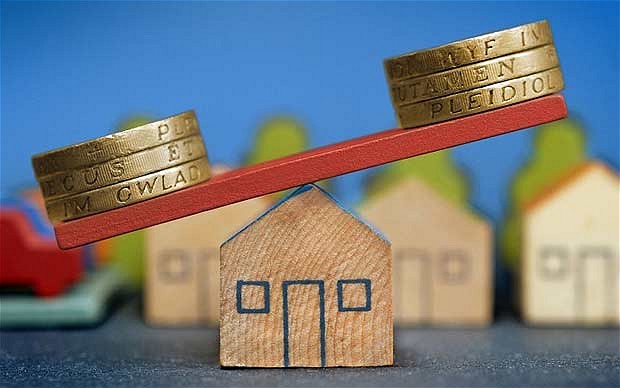These days mortgage or loan from a bank is often the only way for young people to buy their own piece of property. As real estate prices continue to grow, saving up for a house or an apartment seems almost unreal, which is why taking a mortgage seems like quite a good idea. However, a typical mortgage is a very complex deal that requires a lot of attention for detail and experience from the buyer. Avoid the most common mortgage mistakes with our help!
Not doing enough research
Today there are dozens of mortgage programs in Nigeria that you can choose from, but since they all offer differ conditions and have different requirements, you should spend some time researching their offers and determining what’s best for you. If you fail to make the right choice, you can end up with unaffordable rates and other strict policies. There is also a choice between state and private programs, which are also very different and require a lot of research.
Choosing a home you can’t afford
Normally, mortgage companies do a background check on the borrower to determine how much he can pay, but this data is not always accurate, which is why people often tend to purchase property that is out of their comfort zone. It’s strongly advised to not take a mortgage that will take more than 30% of your monthly income. If you buy a more expensive home, you risk to spend too much money every month on housing and not having much left for other expenses, like car maintenance, groceries, clothes, and furniture.
Ignoring other costs
A common mistake for inexperienced property buyers is to believe that the monthly mortgage payment will be their only spending. In reality, homeowners should account for yearly house renovations or repair, particularly if the building is over 10 years old. Usually planned yearly renovation expenses reach about 2% of the home’s purchase price, but there can also be urgent repairs – for example, when your water heater breaks down or when the air conditioning needs to be fixed.
Not having a steady income
It’s not uncommon for young people to try and get a mortgage when they’re fresh out of the university with only a few months of working experience. Although you can still qualify for some mortgage problem, it’s not recommended to take a loan, especially as big one as needed to buy a house, until you’ve worked in the same position or company for at least two years. Not only does experience give you an extra level of security, but it’s also a good proof of your financial stability for the mortgage company.
No down payment
The down payment is an essential component of any mortgage deal and is important for two reasons. First, the bigger your down payment is, the less you will owe on a home and the less your monthly payment will be. Second, a considerable down payment demonstrates your credibility to the mortgage company and allows them to give you better mortgage conditions and rates. Even though some companies will lend money with no down payment, paying some money upfront is strongly recommended.
Forgetting about fees
Any mortgage deal, whether it’s from a state or private company, always includes a number of additional fees that are not widely advertised. These fees can be both one-time expenses or be included in your monthly payments. The most common fees are evaluation costs, application fee, the lawyer’s service, transfer fees, council rates, and other expenses that can depend on your location and mortgage provider. The fees can take up a lot of your monthly mortgage budget, which is why they shouldn’t be ignored.
Not treating your purchase as an investment
In most cases, we buy a house for 10 or 20 years – later the circumstances can change and you will have to move to another place by the time you’ve paid off your mortgage. That is why it’s important to consider your new home as an investment as well. Think about how well it’s going to sell in a few years. If the house has some unattractive features – for example, location or general condition of the property – they can significantly lower your chances of successfully selling it in the future.
Your dream home is already on Jiji

















